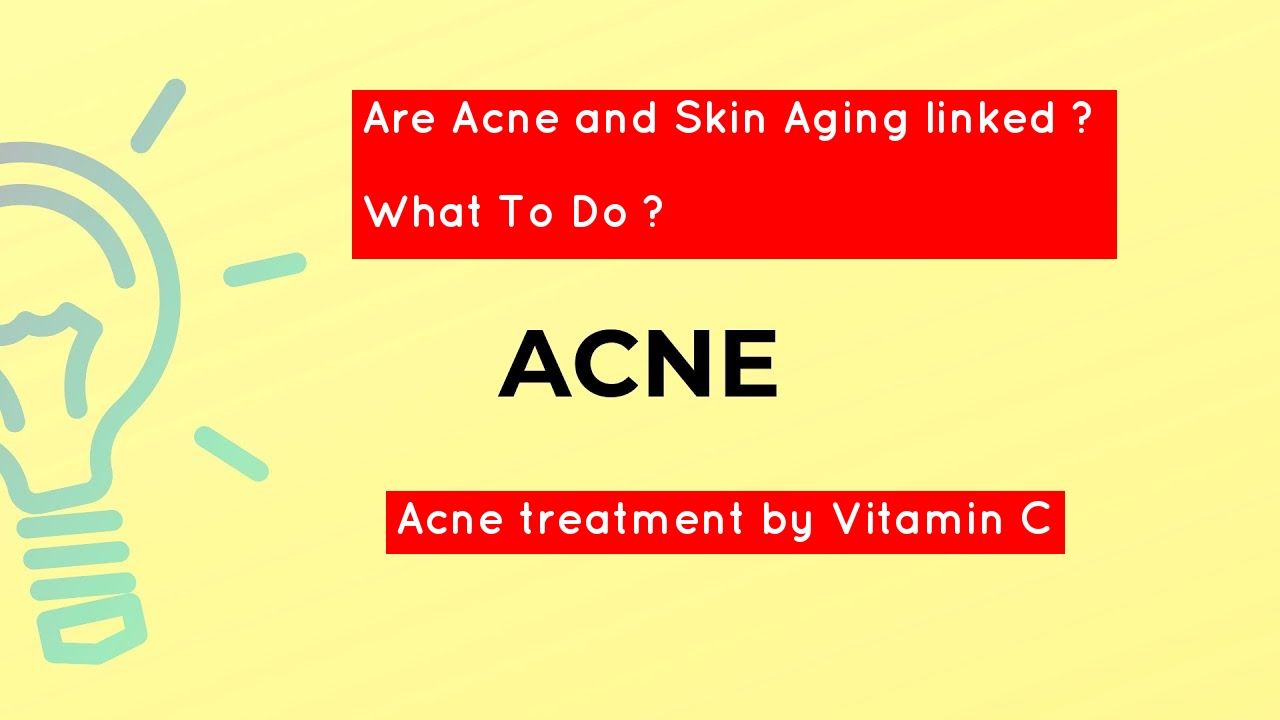I had acne for the majority of my life. I’m currently experiencing an acne flare that has really affected my mental health. I’ve had periods of time where my skin was amazing, but I’ve yet to figure out why. I know some of my triggers, like sugar, higher carbohydrate intake (especially processed), and seed oils. I have now been dealing with digestive issues and know that my breakouts are directly linked to my digestive health. I’ve been trying to figure out what foods I can eat to help my digestion, and my skin has been so angry.
I follow many dermatologists in different countries, and I have my own dermatologist. I also have acne-prone skin. I am 40, so I had time to investigate and ask questions on this topic to many dermatologists. It would have been important to mention that most dermatologists do not agree with some statements made in this video regarding food and acne.
From what I have seen, they (physicians) agree that refined sugar and skim milk could trigger or worsen acne for some, based on some published studies. But here, at some point in the video, the host and then the dermatologist agree when the female host mentions diet tips for lowering high-glycemic foods. and carbohydrate foods like white bread, pasta (pasta does not have a high insulin index, so I don’t understand why it was mentioned here), potatoes, and chocolate (they should have been specific here and said processed highly sugary “chocolate”/engineered food).
But this tip is based on what? Intuition… Her practice… studies… The dermatologist went along with it but did not even seem to convince herself during that specific part of the video. So why even give those diet/acne tips then, as if they are relevant enough to be labeled “diet/acne tips”? They gave basic diet tips that anyone can benefit from to be the healthiest possible. But diet and acne tips? No.
If it were that simple regarding food and acne, I wonder why they do not simply do studies with patients with acne going on a low-carb diet. It should not be difficult to make and see, or not see, any big or small change in acne. I actually wish they would do such a study if it were not already done.
It seems to me like the female host was really reaching out here to give a list of diet tips to fight acne and kind of forced it just to say something. As the dermatologist said, that is a serious issue for some, so giving tips just because you need to fill in the time is not helpful and genuine, in my opinion, for those who actually suffer from acne.
Just a reminder at that point in the video that, for many, diet has nothing to do with their acne would have been great. Not every skin health issue is linked to our diet.
Acne treatment by Vitamin C
Vitamin C is interesting. I take it in supplement form, around 1,500mg a day, and I have to say that it’s been great for my skin, plus I eat a ton of bell peppers, which are high in it too. Also, something else that people often overlook is sunflower oil. It’s very high in vitamin E, which is also good for your skin and not just for cooking. I dab it on every day—not too much, as it will take forever to dry in. It seems to have reduced my fine lines.
It’s really fascinating to read that some ‘nutrients’ like antioxidants can actually be applied to the skin as well as eaten. How???? My mom has always told me that a doctor told her anything that is absorbed through the outer layer of skin would be categorized as medicine and need to be licensed, etc., so all these wonder creams with stuff in them are just rubbish. Is she wrong?
I have to confess to a very basic skincare routine. For many years now, I just splash my face with cold water every morning and apply a very inexpensive organic moisturizer based on hemp oil. And that’s it, on the basis that hemp oil is apparently quite similar to skin oil in composition, and I’m interfering minimally with my skin’s natural defenses (and microbiome; now I know it’s there!). And I have made it through the menopause upheaval (now 53) without a single spot, and maybe half a dozen blackheads… Possibly just luck and a good diet? But at least it has been cheap.
I developed acne at the age of 11. I am now 56. I spent most of my teens and early 20s taking one long-term antibiotic or another. Heaven knows what that did to my microbiome. I also spent most of those years scrubbing my skin and applying nasty stuff to my face, chest, and back. I have lots of bad scarring from all of this. At some point in my late 20s or early thirties, I saw a dermatologist, and they prescribed Roacutane.
I took a 4-month course; the side effects were truly awful, and I also felt depressed about it, along with all the physical effects. I now see why this drug would be pretty dangerous for teens and youngsters. But the long-term benefit was definitely good. I did stop suffering with all the repeat cysts, etc. I have a lot of scarring and the occasional breakout now that I am in postmenopause. I sincerely hope that this new science can help young people with acne, as my experience has had a lifelong psychological effect on me.
For my acne, I tried creams, dermatologic advice, food allergy tests, and topical antibiotics, but with no results. It was only at 26 years of age that I figured out it was related to tomatoes (I am Italian, and you can just imagine the challenge). I kept a food diary and excluded food for a month only. I started with the food I ate regularly (my acne was constant), and surprisingly, I noticed that the acne got worse after 3 days of eating the tomatoes! I avoided tomatoes religiously for 5 years, and I am happy to say I have had no spots or acne since, and I enjoy my tomatoes with gusto. The only thing is that my skin is now supersensitive to any skin products, and I now use my own hand-made products.
My friend has to say this: I am 66 and have had acne since I was a teenager. I eat a whole-food vegetarian diet, and since my twenties, I have taken low-dose antibiotics. I gave up experimenting with creams and potions because my skin was very greasy and everything gave me spots. So antibiotics were a game-changer. On the upside, I don’t have wrinkles, probably due to my excess greasiness!! However, in March of this year, I purchased an LED mask and stopped taking the antibiotics. I use it every day, and my skin is now clear (fingers crossed).
I’ve had rosacea for a couple of decades. Fortunately, although it is unpleasant to have my nose and cheeks with quite a lot of red spots and redness, compared to full acne, it is relatively minor, and I can rationalize it. I was advised by my doctor to try a variety of skin treatments and even oral antibiotics. The antibiotics cleared it up while I was taking them, but it soon returned as soon as I stopped.
Eventually, I’ve worked out two things that have a cause and effect or help. One is the amount of fats and oils I consume, which is quite a lot now that I’m on a Zoe-inspired diet. Less of these calms it right down. The second is the daily use of Savlon, which is a mild antiseptic that helps contain the secondary infection on the affected skin surface and moisturizes the skin.
My other friend has to say this: I’m 60, and I never use soap on my face or my back. Rarely on my legs unless I was DIYing or doing yard work. My skin is in very good shape. I go in the sun. Sunscreen is on the tips of the ears and nose. Rarely slapped on everywhere unless conditions are extreme, like on water or skiing in the sun.

